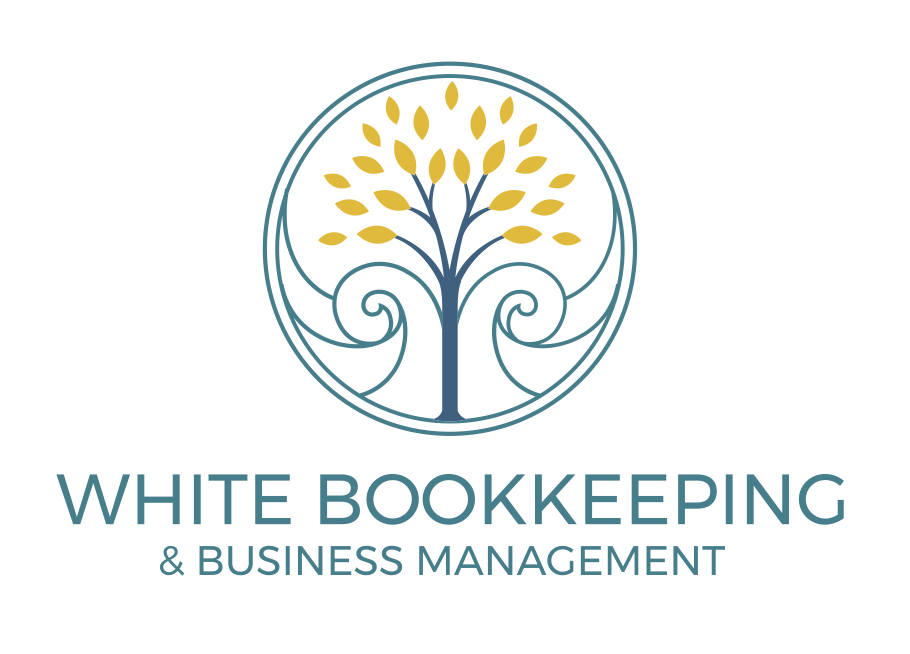A Quick Introduction to QuickBooks
For the small businesses that serve the tourist trade from the O.C. through the Pacific communities like Carlsbad and Oceanside, QuickBooks consulting is available to help them with the mysteries of bookkeeping. Since the program was introduced, it has become the standard for small and independent businesses when it comes to keeping track of their business accounting.
Intuit’s well-known program, QuickBooks, is a business accounting software package that grew out of the program they developed for individual, personal bookkeeping. The developers realized there was a ready market among independent small and medium sized enterprises who needed an accessible means of keeping track of their financial records.
Development of QuickBooks
In the early 1980s, Intuit founders realized that the success of the Quicken program for personal bookkeeping could be turned to the development of a similar program for small businesses. They listened to the feedback they received from small businesses about the features that users wanted and needed for their own specific situations. The result was that the program gained popularity with entrepreneurs who did not have any formal training in accounting.
The developers continued to shape the program, so that it could assist small businesses with the types of records they needed and wanted. Each development made the program a greater asset to the independent business that wanted to focus on its product rather than its accounting. The features that came to be included in the software allow each business a range of options in tracking the financial life of their enterprise.
Features
The key features of QuickBooks give any business owner many ways of looking at their financial life, helping them to plan ahead with better information.
Some of the key features are:
· Business Overview
· Profit & Loss
· Company Snapshot – builds bar graphs and pie charts allowing you to compare your income and expenses year-by-year
· Cash Flow
· Balance Sheet
· Scorecard – Helps you compare the state of your company with your business peers in your industry.
· Audit Log -- Tracks who has accessed and worked in your company file, so that you have complete information on who has used your QuickBooks files and what was done
· Account Reports (Receivable & Payable)
· Manage Products & Inventory
These features and others can be adapted to your specific needs and concerns.
Staying Up to Date
Intuit now also offers a cloud-based service, so that businesses no longer need to constantly update their own software or worry about their own servers crashing. With records kept in a secure cloud database, the fear of loss of data is greatly decreased. Another advantage to using the cloud-based version of QuickBooks is that program updates are integrated into the service, rather than taking time for update downloads to your business’s software server.
For the small business that is starting out, there is an inevitable intimidation factor of having to learn software that isn’t directly related to their particular interest. Very few entrepreneurs start out wanting to be business accountants. That is why there is a market for outside accounting services and consultants who can coach business owners and their staffs on the workings of QuickBooks. If you find yourself in need of such help, be reassured that it is never far away, and well worth the time spent on being introduced to Intuit’s QuickBooks.

